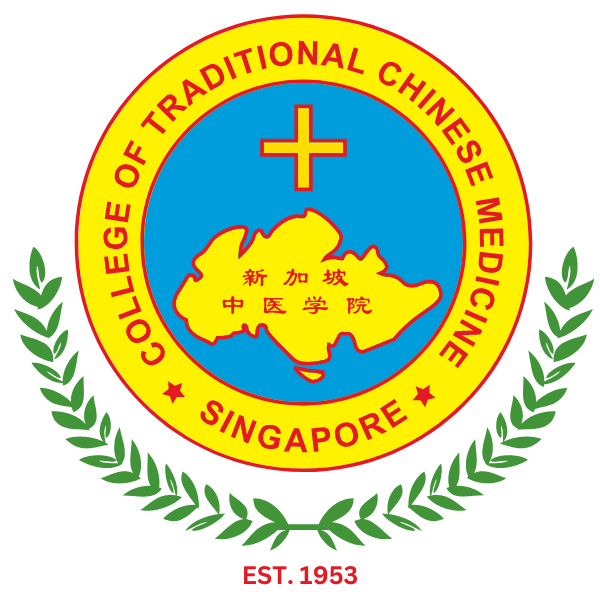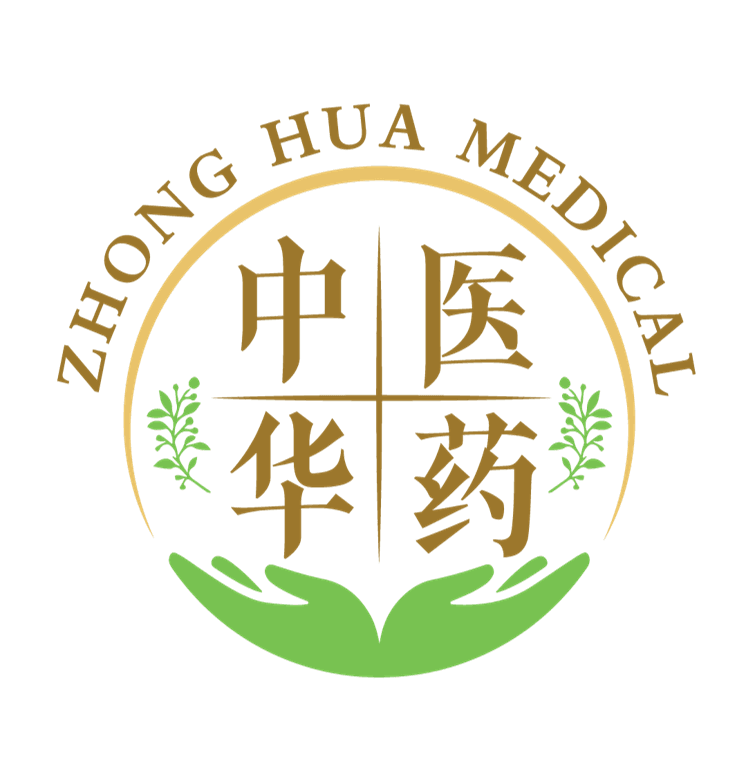While modern living brings many comforts and conveniences, the fast-paced nature of life and work means that chronic stress is now a constant companion for the average person.
Many have even come to accept stress as a part of life, with some claiming that they thrive on it.
However, the fact is that stress is highly damaging to the human body. Medical professionals have linked chronic stress to health conditions like headaches, high blood pressure, and diabetes.
Besides hurting your physical health, long-term stress has been known to cause a variety of mental health problems, which include anxiety and depression.
Understanding how stress works
Stress is a perfectly normal human response; in fact, it is also beneficial in situations where immediate, urgent action is required.
For example, stress can push you to work faster as you prepare for a presentation or respond swiftly to avoid danger.
When stressed, the body releases chemicals like epinephrine (adrenaline) and cortisol, which prepare the body for a “fight or flight” response by increasing heart rate, boosting energy supplies, and enhancing focus and alertness. These physiological changes can improve performance and help you navigate challenging situations effectively.
However, long-term exposure to constant stress is another matter entirely. According to a Harvard study, excessive exposure to epinephrine damages blood vessels and arteries, which raises the risk of heart attack or stroke.
Meanwhile, elevated cortisol levels can lead to a buildup of fat tissue and stimulate weight gain. Cortisol increases a person’s appetite, which leads to excessive food consumption.
Stress from a traditional chinese medicine perspective
In traditional Chinese medicine (TCM), stress is viewed as an imbalance of Qi (vital energy) within the body. This imbalance can disrupt the harmony between the body’s organs and systems, particularly affecting the liver, responsible for the smooth flow of Qi and emotions.
TCM posits that prolonged stress can lead to stagnation of liver Qi, resulting in symptoms like irritability, anxiety, insomnia, and digestive issues. TCM treatments, such as acupuncture, herbal medicine, and dietary adjustments, aim to restore balance and promote the free flow of Qi, thereby alleviating stress and its associated symptoms.
In Western medicine, the concept of Qi imbalance in TCM is paralleled by understanding the hypothalamic-pituitary-adrenal (HPA) axis. The HPA axis is a central stress response system that regulates the release of cortisol and other stress hormones.
Chronic stress leads to overactivation of the HPA axis, resulting in elevated cortisol and adrenaline levels. This can cause various health issues, such as cardiovascular problems, metabolic disturbances, and immune system suppression, similar to the effects described in TCM.
How traditional chinese medicine helps reduce stress
1. Acupuncture
One mainstay of TCM treatments is acupuncture, which acupuncturists traditionally administer. The treatment involves the insertion of fine, sterilized filiform needles into specially chosen acupoints.
For over 3000 years, acupuncture has been used to cure various health conditions. These range from pain caused by sprains or falls to migraines, constipation, and even stress.
It relieves stress by stimulating acupoints in the body, which reduces a patient’s stress levels and promotes relaxation. Research has shown that patients who were administered acupuncture treatments had lower heart rates, which aligns with lower stress levels.
This is backed by studies which prove that the insertion of acupuncture needles triggers the release of endorphins, the body’s natural painkillers, at the pituitary site.
Endorphins help to alleviate pain and induce a sense of calm, contributing significantly to stress relief and overall well-being. This mechanism highlights how acupuncture can effectively manage stress by promoting physical and mental relaxation.
2. Herbal medicine
Herbal medicine is another common TCM treatment used by practitioners to combat various ailments. Over the centuries, TCM professionals have identified various herbs and plants that stimulate relaxation and a sense of general well-being in patients.
Commonly used herbs for stress relief include:
- Ginseng: Known for its adaptogenic properties, ginseng helps the body adapt to stress and improves energy levels.
- Goji Berries: A known superfood, Goji Berries are packed with antioxidants and help calm the mind while improving sleep quality.
- Jujube Fruit: In addition to being a fixture of Chinese cuisine, jujubes have long been used to combat the effects of stress, such as improving sleep and boosting immunity.
- Licorice Root: This herb supports adrenal gland function and helps to stabilize cortisol levels, reducing the impact of stress.
- Rehmannia: Often used to nourish the kidneys and reduce symptoms of stress, including anxiety and fatigue.
- Schisandra: This herb enhances mental function, reduces fatigue, and helps the body resist the effects of stress.
From treating skin conditions to improving mental wellness, the expert physicians at Zhong Hua Medical have extensive experience putting together herbal prescriptions for patients based on their health conditions.
3. Gua Sha
Gua Sha, or “scraping therapy”, is a traditional therapy used to reduce tension caused by stress or anxiety.
TCM practitioners use a small tool, usually made from wood or stone, to stroke the skin in one direction gently. This is done to stimulate the flow of Qi or energy, which is believed to reduce tension and pain.
The action of scraping the skin causes petechiae to appear — these are temporary small, red, rash-like dots caused by the breakage of tiny capillaries under the skin. By stimulating the flow of blood, Gua Sha stimulates healing in a particular area, which alleviates soreness or tightness that can be brought upon by stress or anxiety.
4. Cupping
Cupping is a traditional therapy used in TCM to alleviate stress and promote relaxation. The process involves placing special suction cups on the skin to create a vacuum, which lifts the skin and underlying tissues.
This suction effect enhances blood flow, reduces muscle tension, and encourages the removal of toxins from the body.
Cupping improves circulation, helping to relieve physical discomfort and reduce stress-related symptoms. The therapy leaves temporary circular marks on the skin, indicating increased blood flow to the treated areas.
Cupping is particularly effective in addressing muscle tightness and promoting a sense of deep relaxation, making it a valuable method for stress management.
Zhong Hua Medical – Guiding you to a healthier future
TCM offers a comprehensive and holistic approach to stress management through various techniques such as acupuncture, herbal medicine, Gua Sha, and cupping.
These methods work together to balance the body’s Qi, improve circulation, and promote physical and mental relaxation. By integrating these traditional practices, Zhong Hua Medical provides practical solutions for alleviating stress and enhancing overall well-being.
To learn more about how Zhong Hua Medical can help you manage stress and improve your overall health, visit our website or schedule a consultation with one of our experienced practitioners today.




